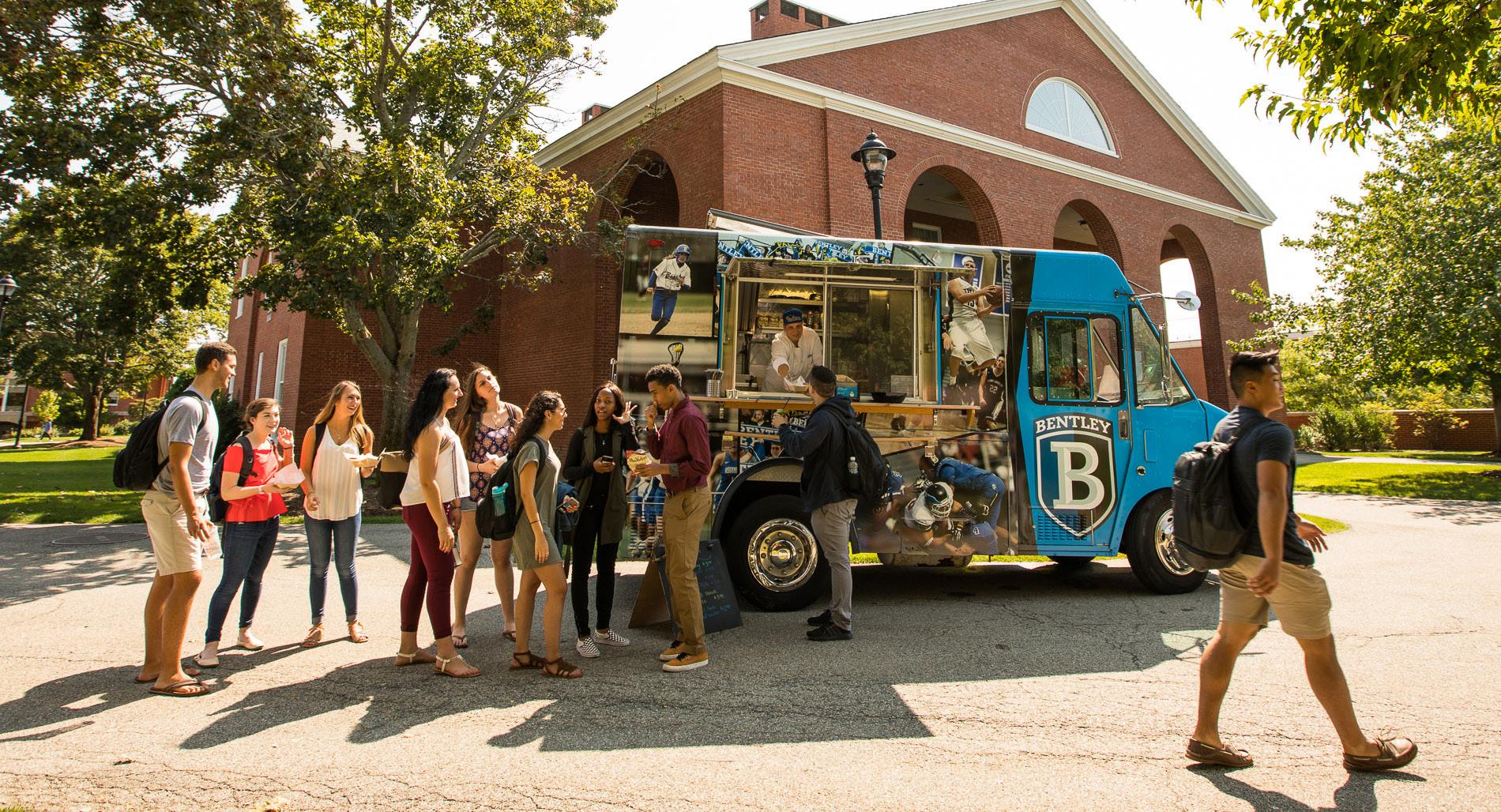04 The Path Forward The power of the Racial Justice Task Force is that it reflected a large swath of the campus community allowing for a wide array of perspectives to be included in this process. This diversity can also be reflected in the expectations for the outcomes of this phase of our journey. The discoveries that resulted from this collective engagement may feel groundbreaking to some and elementary to others depending on your position at Bentley and where you began your journey. What the process has allowed and what this document creates is a common understanding of our culture and a vision of what can be. This document provides a reference point for those searching to make sense of the current context and find suggestions for how to take action. Change does not begin when this document is released, and the Task Force completes its work. Change began the minute the Task Force started this journey — and will continue long after the Task Force has ended. The magnitude of the change is what is yet to be determined. Perfection is not the goal, but rather the strengthening of our resolve to continually push forward until we have achieved our vision for racial justice and equity. The ultimate impact of this work will be determined by two things: the degree to which individuals, groups, offices, and departments begin and sustain their own process of discovery that leads to action and the ability of the institution to resource and institutionalize structures that enable the implementation of the strategic priorities for investment. The work we have done as a Task Force and will continue to do as a community directly supports our strategic commitment to Inclusive Excellence. As an institution we are striving for what AAC&U calls, Engaged Inclusivity — “a campus where inclusivity thrives through constant reflection, analysis, and accountability” by shifting our understanding of inclusion “from general acceptance and tolerance of difference to active institutional transformation, based on the belief that the richness of our culture is because of our diversity and a recognition of our common humanity” (AAC&U, 2019) While the Task Force limited our investigations to the impact of race on campus, any further action must be connected to our overall effort to provide a diverse, inclusive and equitable campus for all identity groups. We do not come to campus only as our racial selves but with a richness of our social identities and we must do more to embrace the intersectional nature of that reality. The recent racial reckoning demonstrates there is an urgent need to unmask and identify the way race has impacted our campus and we are confident that efforts to impact racial justice will create justice for all populations. The kind of transformational change we are advocating for requires consistent, sustained, resourced, and recognized action. How will we ensure that these calls for change and suggestions for strategic investments are implemented and their impact monitored?
24






